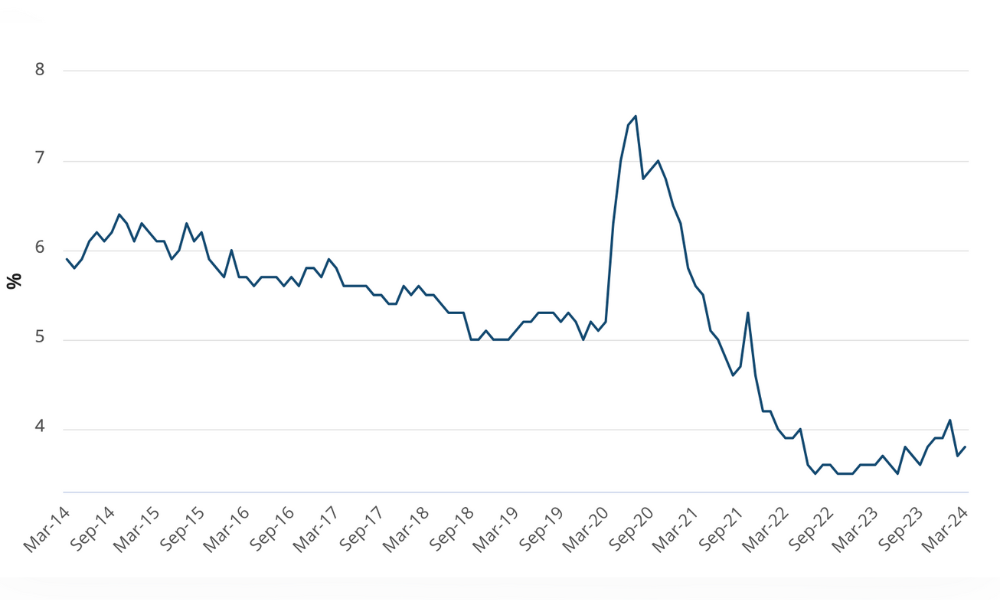A recent Federal Court decision has reinforced the sentiment that HR professionals needn’t fear that legitimate performance management will be interpreted as adverse action or bullying by the courts.
A recent Federal Court decision has reinforced the sentiment that HR professionals needn’t fear that legitimate performance management will be interpreted as adverse action or bullying under the Fair Work Act.
Following the case of Ramos v Good Samaritan Industries [2013] FCA 30 – in which it was ultimately found that the employer did not taken adverse action against an employee as a result of legitimate performance management actions – legal experts at Clayton Utz identified a number of key takeaways for employers.
The decision of the Federal Court reinforces that:
- Not all adverse action taken against an employee is unlawful;
- legitimate performance management can still be implemented where an employee has exercised a workplace right; and
- keeping detailed records which demonstrate that any performance management is only based on an employee's poor performance is vital in successfully defending an adverse action claim.
Speaking to HC, Joydeep Hor of specialist employment law firm People + Culture Strategies said it’s critical for robust communication and feedback that managers appreciate that legitimate performance management will never be bullying. “If someone feels that they’ve been bullied however, there’s the issue of what they’re feeling, as opposed to the issue of what’s actually happening. The manager should be very clear that what’s in fact happening is a legitimate process, to give that employee feedback on performance,” Hor said, adding that if an individual feels they want to exercise their rights to make a complaint about bullying, that’s up to them, but that will be treated as a separate process altogether.
In turn, organisations must ensure there is a solid commitment to training around how to conduct performance management, but equally important is a commitment to training around what bullying and harassment is, and what bullying and harassment isn’t. “It has to happen throughout the organisation, and so training employees to understand that when they receive feedback on their performance – that that is not bullying and that is not a breach of the organisation’s policies or legislation,” Hor added.








